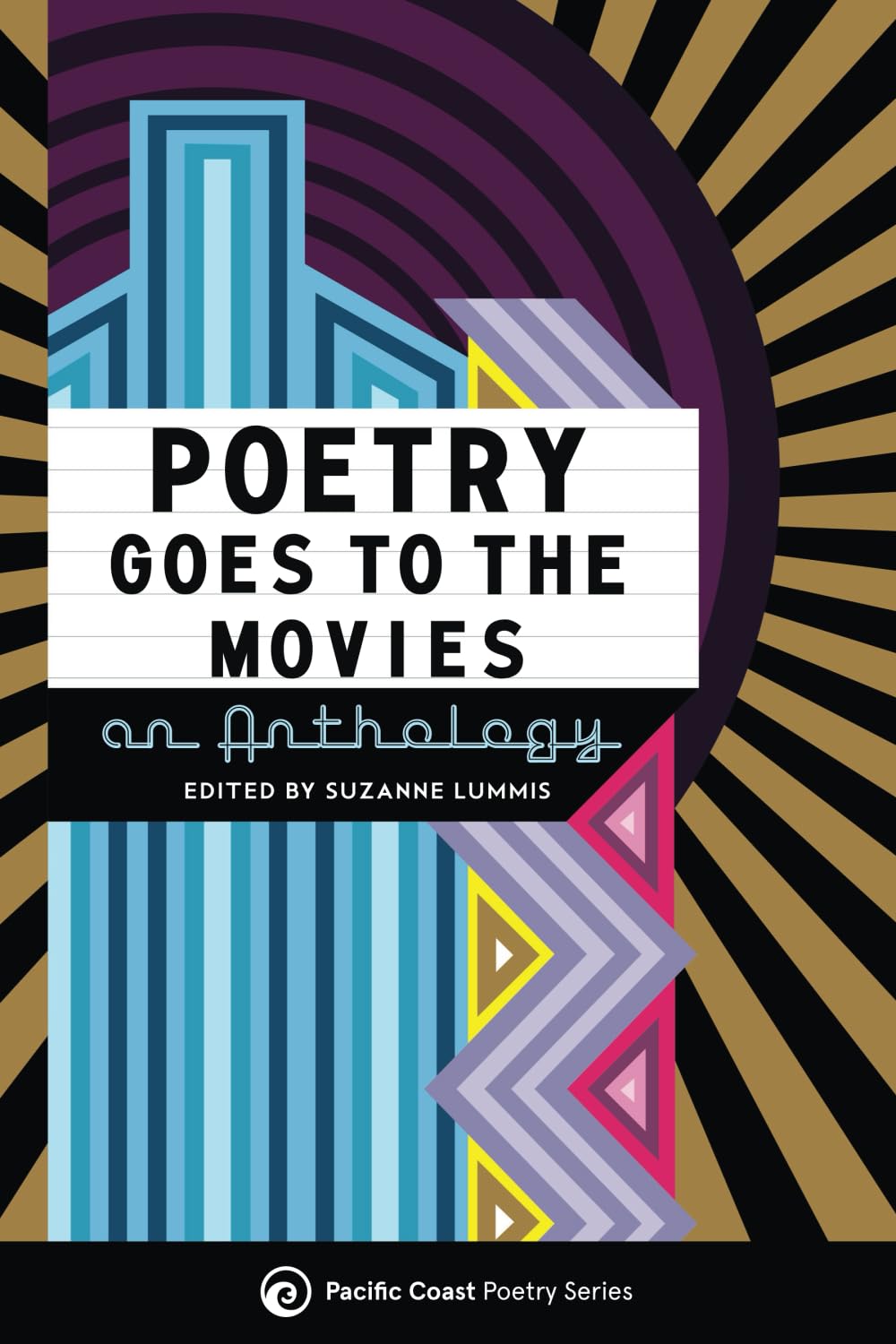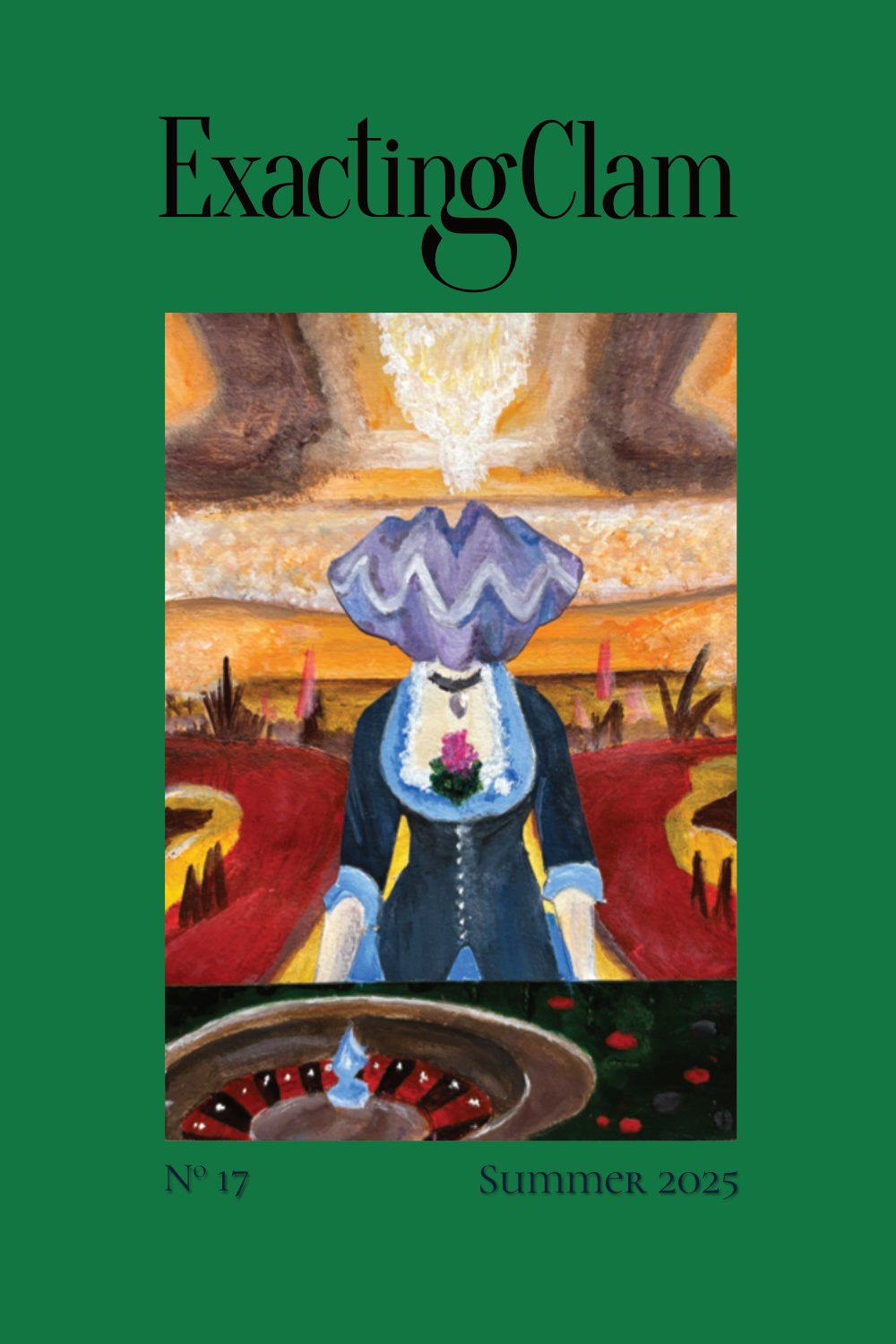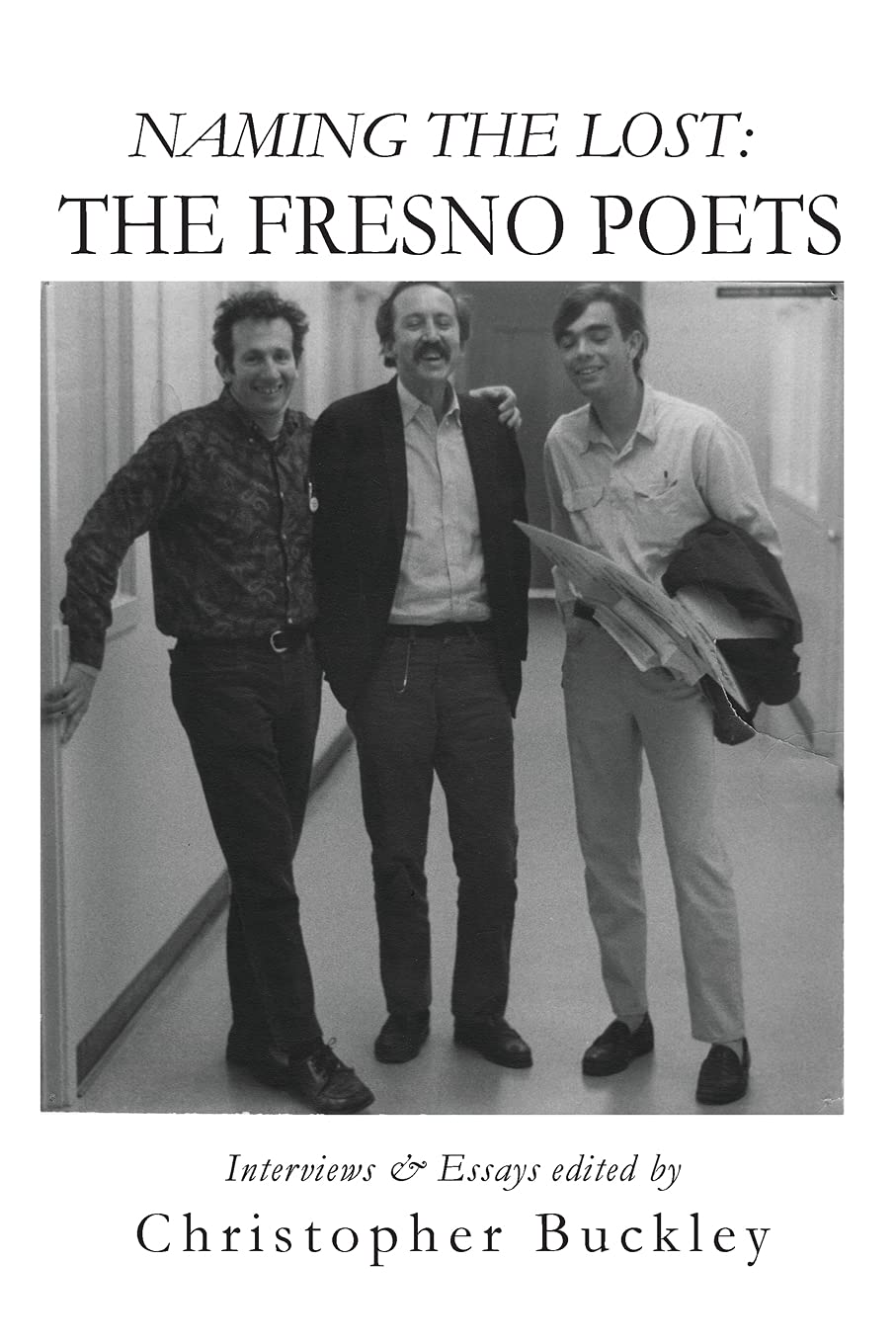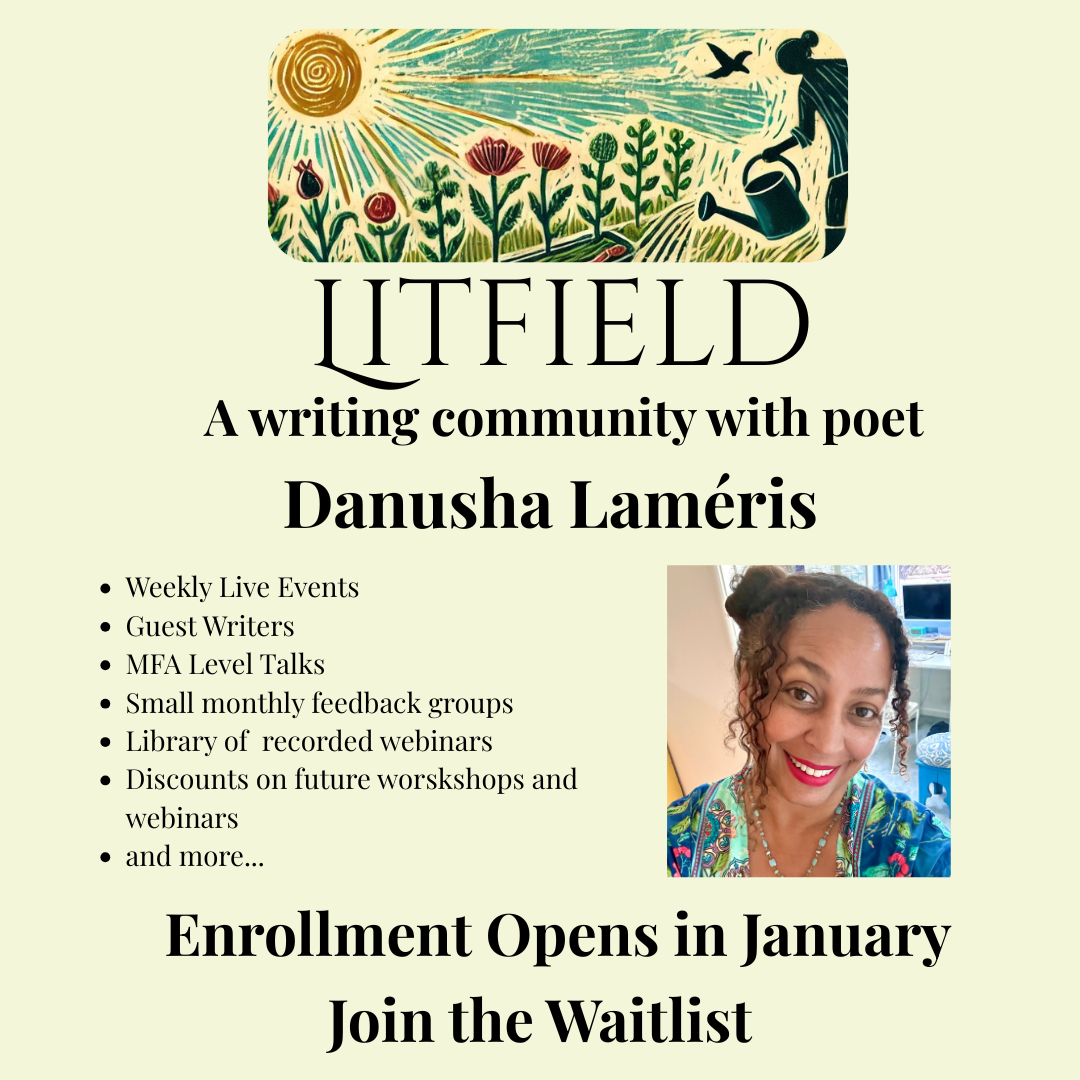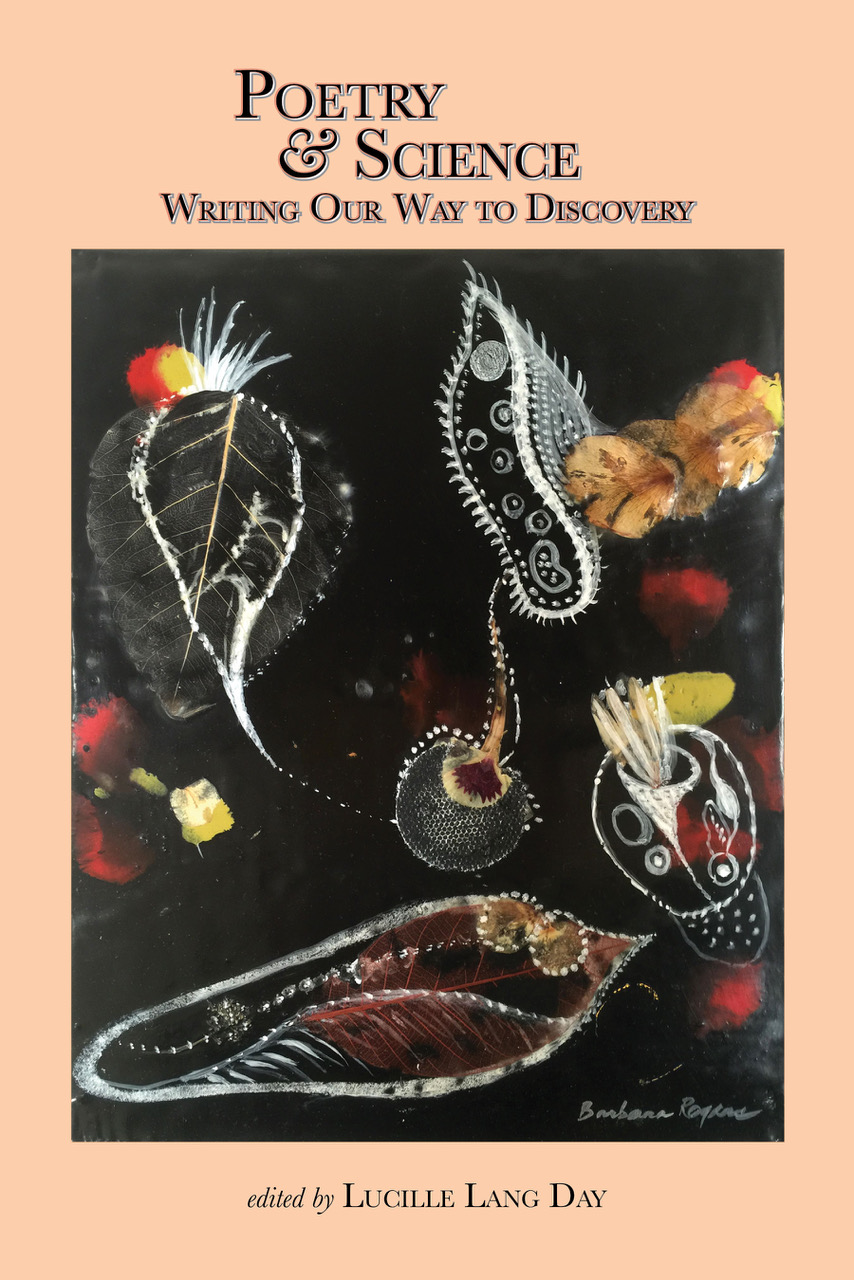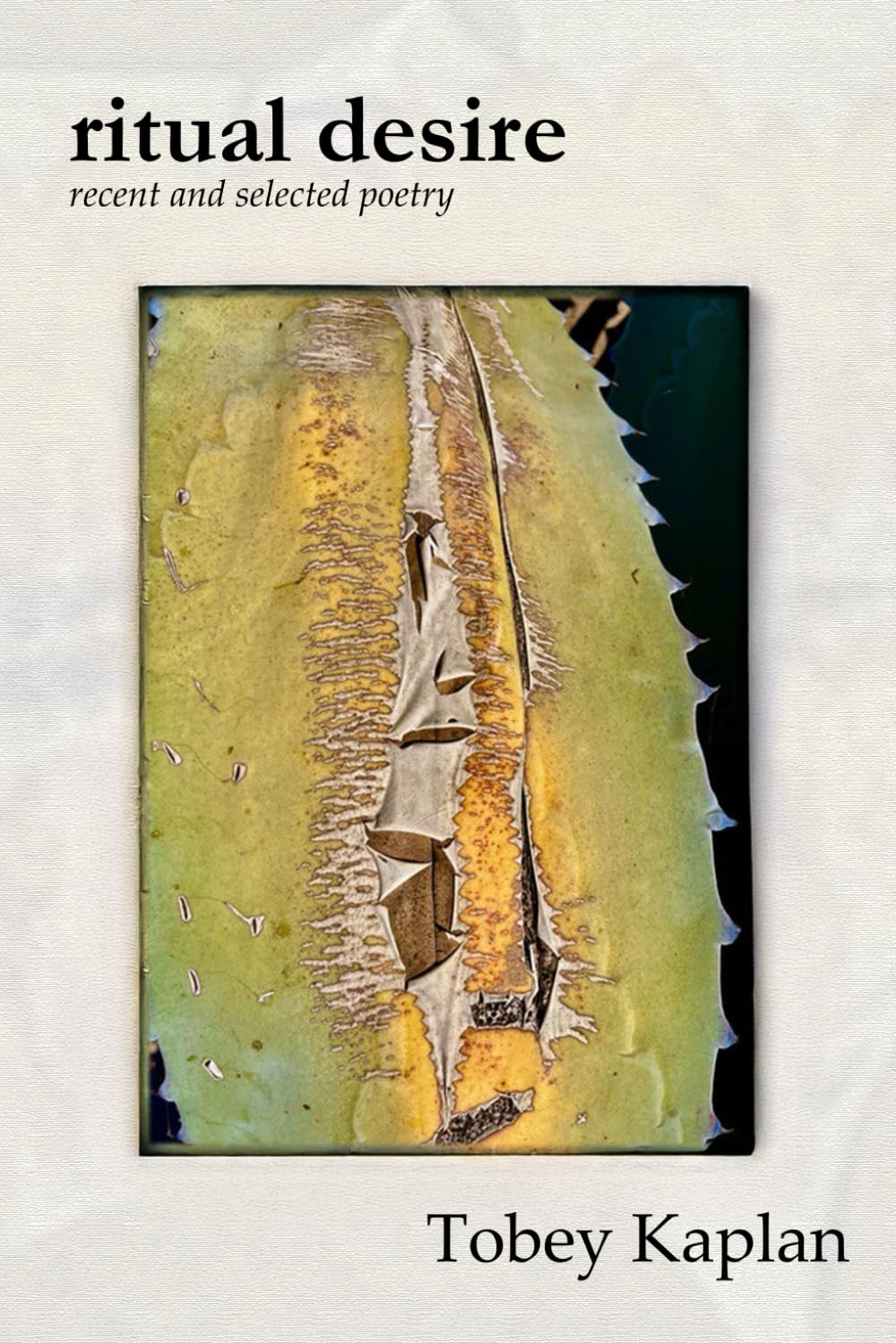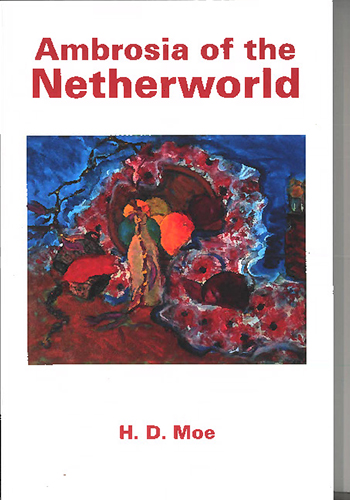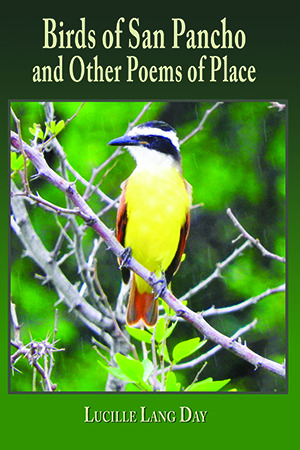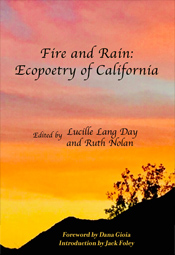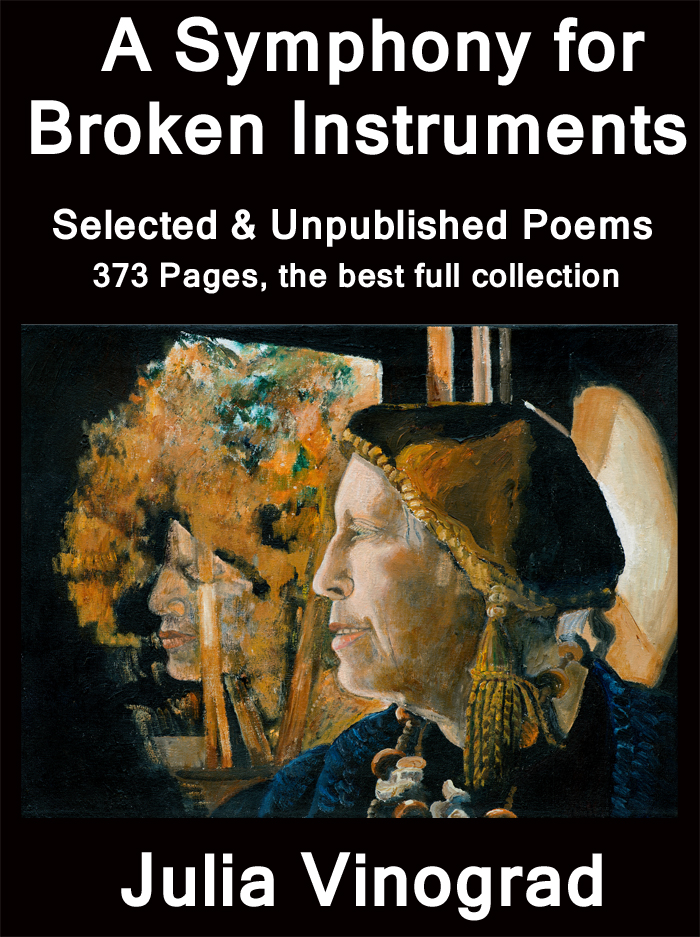
Prisoner of Childhood
by Lee Rossi
A Folio for the Dark, Camille Norton, Sixteen Rivers Press, San Francisco, California, 2019, 95 pages, $16.00 paperback, sixteenrivers.org.
IN A RECENT INTERVIEW poet Camille Norton tells us that although she is a lesbian feminist, she reads and enjoys the white heterosexual males of English poetry. A working-class, East Coast Catholic who teaches at the University of the Pacific in Stockton, California, she says, "Education saved me from a chaotic family background." Her personal struggles energize the poems in her latest book, A Folio for the Dark.
In "The Reader," the book's introductory poem, we encounter the poet as a young woman, a graduate student, doing what graduate students do—reading:
…what we all read in the late 1980s: Freud on Hamlet, Derrida on Poe,
captivity narratives. It was like happiness,
but it was not happiness.…
A waste of time, a way into time: both.
Despite her ambivalence (one hears her parents' voice in the phrase, "a waste of time"), reading was an opportunity to not just escape the grinding poverty of her background, but also to converse with the great dead and to discover a way into her own life.
"I steep myself in reading and research," she told her interviewer, and that reading and research bear compelling fruit in the book's first two sections, "Quaker Light," a series of prison/captivity narratives, and "A Folio for the Dark," a sequence inspired by the life of Edgar Allan Poe.
"The Prison Diary of Bartlett Yancy Malone'' demonstrates both her research skills, and her deep human sympathy. Based on the diary of a twenty-five-year-old Confederate soldier confined at a Union prison camp in Maryland, the poem offers word lists, observations of camp life, and intimations of the meaning of war:
I was borned in the Year of our Lord 1838.
Raised and graduated in the Corn field & Tobacco patch.
The first day of July 1861 I left home.
Earthborn is to spring from the earth.
Earthbound is to be confined by it.
Erenow I was nobody.
Erelong I will be nobody still.
The young soldier's desperate clarity impresses readers with not just his, but our own vulnerability.
Slavery and the South are subtexts for many of these poems, but not every Southerner is treated with the gentleness accorded the Confederate prisoner. In "Thomas Jefferson," the slaveholder President is reduced to his belongings, inventions, and accomplishments:
…His gardens
His splendid architecture
His solarium
His violin
His dumbwaiter
His polymathic mind
His pellucid penmanship
The list is a favorite device for beginning poets, but this is not a simple list. Halfway through the poem we find "negroes / of all stock / and provenance," and after his French wallpaper, his libraries, his talk, this: "His daughters by M. (acknowledged) / The others by S. (not)." M. is Martha, his white wife, and S. is Sally Hemings (his concubine and Martha's half sister!).
The poem's epigraph notes the place and date of his death: Monticello, Virginia, July 4, 1826, and ends with a reference to "the secret stairs of his own design," where "his people" brought him comfort and light:
all that summer of his dying
as he lay vanishing
like anyone
into nothing
And so ends the poem, echoing the words of Bartlett Yancey Malone, vanishing as it were, into nothing.
Were the book just the few poems in the first section, "Quaker Light," it would still be worth the price. But there's more, much more to savor and ponder.
"A Folio for the Dark," the following section, is a suite of poems which probe the life of Edgar Allan Poe. Norton, sensitive to the plight of abused children, offers us poems about Poe's early life—the loss of his mother, separation from his siblings, the cruelty of his adoptive father, John Allan:
I was his ward. He was my Master.
I was 18 years old when he cast me out.
"See here," he said, "I have a fine, hard body,
hard as a lightwood knot—
while you, Edgar, are thin as a razor."
How he assessed my weight and worth
as if I might be a cask of sherry
or one of his blacks at auction,
(from "The Ballad of Mister Allan, the Man Who Adopted Poe")
Allan, like so many other men, slaveholders and businessmen, reduces human beings to things, their worth a matter of price and use.
On the evidence of these poems, the closest Poe ever came to happiness was during the time he lived with his aunt and her daughter, his first cousin Virginia, whom he married when she was thirteen. "My little family," he calls them in a poem of the same name, and yet their circumstances became tighter and more desperate as time passed: "Always the houses growing smaller / and meaner as the cities change." Virginia died of tuberculosis when she was twenty-five, Poe two years later. In the meantime, Poe sought solace and freedom from pain in words, in alcohol and drugs:
I stood before two doors, both of them inscribed.
The first door bore the word Anesthesia.
The second door, Analgesia.
I loved the way they sounded on the tongue,
like muses of the deep, my secret twin
sister portals
into sleep.
All we ever know of Eden on this shore.
(from "Ethereal Poe")
I liked this section, its harrowing portrait of one of America's greatest writers. The contrast between Poe's contemporary reputation and the circumstances of his life reminds us that wisdom such as his is bought at the greatest expense.
The book's second half is more personal, yet it offers the reader the same depth of artistry and experience.
"Breath," for instance, is an ars poetica, making explicit Norton's commitments as a writer. We see a girl wanting a poem and "waiting for the next breath": "Would it be a minstrel breath out of Kansas," she asks, "Or the strict churchy music of childhood." Would it be Whitman, the gay apostle of Democracy, or Dickinson, a woman's unheeded, unheralded voice? "When it came finally, the breath was as sweet and dry / as the desert in spring," and it was singing:
…Something's wrong with Miss Nancy.
She won't say and I can't guess.
Dying. Probably for lack of a prairie.
Or is it breath?
I love the story here, so compressed, so expressive: a woman in trouble, her malady as indeterminate as Freud's hysterics, as likely a matter of outside as inside. But notice also the poetics, those lovely slant rhymes. Miss Dickinson would smile.
In "Sister Marie John" we meet the formidable nun ("Ruddy-skinned, black-eyed, and Irish, / she surged inside her habit like a soccer player") who showed Norton how to be her own kind of woman, who taught her a fierceness that would take her beyond the "house of incalculable rages, / where I got the strap."
"Don't Leave Me," the title sequence of the last section is dreamlike and indirect, yet its evocation of frustrated desire is remarkable. Echoes of Gerard Manley Hopkins reinforce imagery of devastation and loneliness:
That night the storm tore through,
one long howl in the hollow of the trees.
The deer lay close inside the ravages.
(from "Don't Leave Me," page 72)
Section 5 of the sequence offers the reader another captivity narrative, a dream where we find the poet chatting with Jonah in the belly of the whale. "Why then did you never marry?" he asks, to which she gives two answers, one negative ("For fear of… going nowhere like Grandmother") and one positive ("for love of the sea, / and for love of the whale's body, / and for love of you"). One could spend all day unpacking that lovely trinity: the sea, the whale's body, and Jonah. Perhaps it's enough to notice the poet's identification with God's outcast, who is nevertheless redeemed.
A Folio for the Dark is a strong volume by a strong poet, one who publishes relatively little, but whose words, each of them, are weighted with meaning and emotion. ![]()
Lee Rossi's recent poetry book is Darwin's Garden: Studies from Life. His previous collections include Wheelchair Samurai and Ghost Diary. He is a Poetry Flash contributing editor and a member of the Northern California Book Reviewers; his poetry, reviews, and interviews have appeared in The Beloit Poetry Journal, Poetry East, Chelsea, and elsewhere. He lives in San Carlos, California.
— posted SEPTEMBER 2021




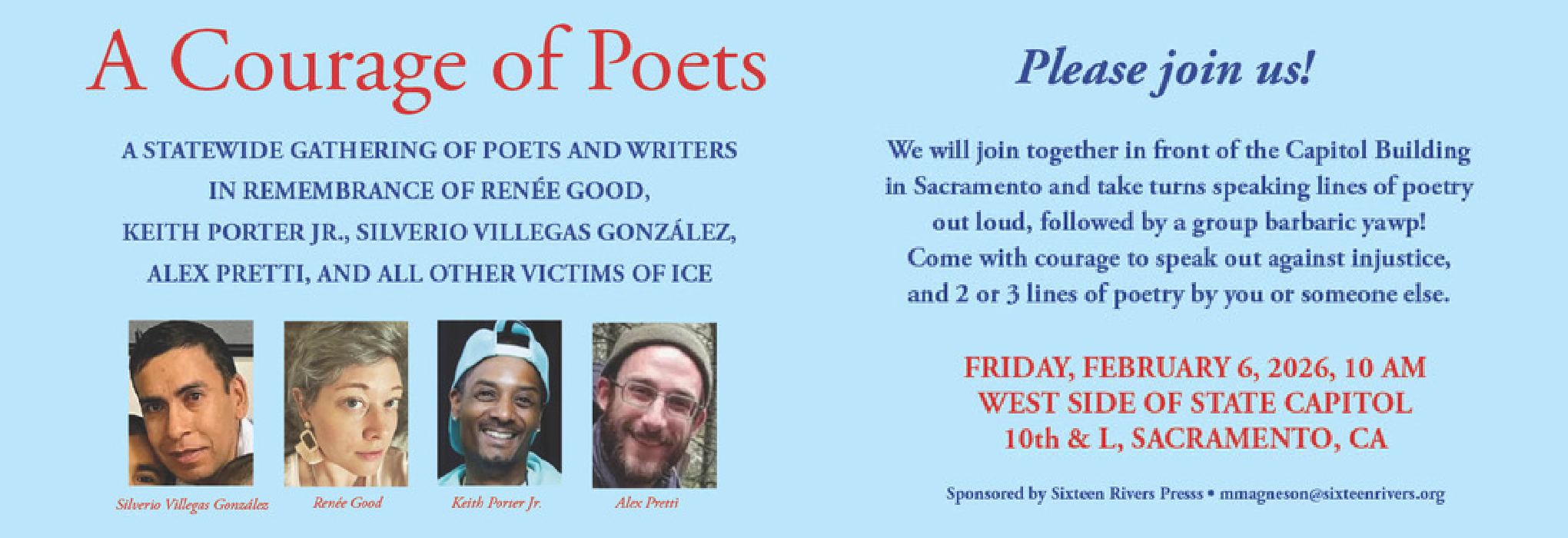





































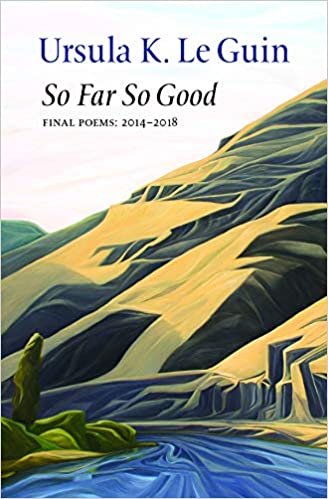 So Far So Good: Final Poems, 2014-2018
So Far So Good: Final Poems, 2014-2018 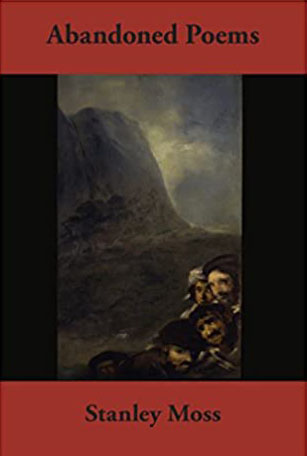 Abandoned Poems
Abandoned Poems 















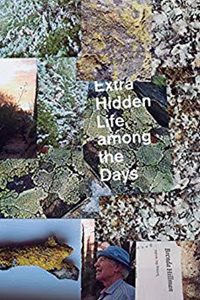 Mississippi
Mississippi 



















































